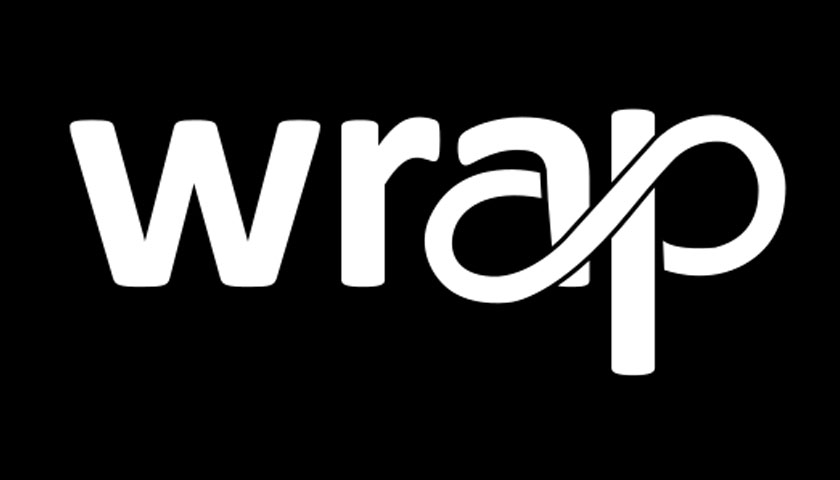Leading organisations working in the food and drink industry came together at the Courtauld Commitment 2030 annual meeting to support the development of a shared framework for measuring the impact of their global supply chains in a consistent way.
About one third (30 per cent) of global greenhouse gas (GHG) emissions can be attributed to food systems. As food businesses work towards net zero targets, their scope 3 emissions can account for up to 90% of the value with the majority from the ingredients they use. This means that measurement requires data to be accessed from hundreds of thousands of farmers across the world.
WRAP, which ran the event, believes that the climate emergency cannot be addressed without the creation of a shared framework for measuring scope 3 emissions and better access to data, and that this must be created in partnership with suppliers. It has set up a working group to find a solution, with over 100 organisations joining.
WRAP Chief Executive Marcus Gover said: “There is currently no consistent way of quantifying supply chain emissions and businesses either have to commission expensive life cycle analysis for each ingredient or use average values from a variety of contrasting public data sets. This is a burden for suppliers and makes it impossible to compare the information provided by different businesses.
“If we are to make reliable progress in tackling climate change then we have to have a common measurement and an agreed set of emission factors that everyone can use. Over the last year we have been working with businesses and suppliers from the UK and internationally to create this framework and establish a consistent way of collecting and checking data along the supply chain. Today’s conversation reiterated the urgency for making this data available.”
In April a draft document will be published for practical piloting and WRAP will publish the best publicly available data sources for food and drink ingredients to help businesses. The resources will be rigorously tested by WRAP through 2022 and 2023 to create a living document that will be updated on an on-going basis.
Marcus Gover continued: “This is new, difficult and incredibly important work – no one has quite tackled the problem in this way before. It will enable incentives to be introduced as part of driving systems change, rewarding practices that support net zero and biodiversity targets. It will also enable clear eco labelling to be developed that can be trusted by consumers.
“We have had unprecedented interest and support from the signatories of the Courtauld Commitment 2030 in this work, with over 100 organisations wanting to be part of the working group. Everyone is aware of the need for data they use to be trustworthy and of the need to collaborate to reduce the burden on suppliers – the majority of whom are family farmers. We received strong feedback today and look forward to sharing the result later this year with a new tool, fit for business.”
The protocol being developed by WRAP will have a consistent accounting and reporting method that builds on the GHG Protocol, SBTi and Gold Standard and is specifically interpreted for food and drink businesses.

